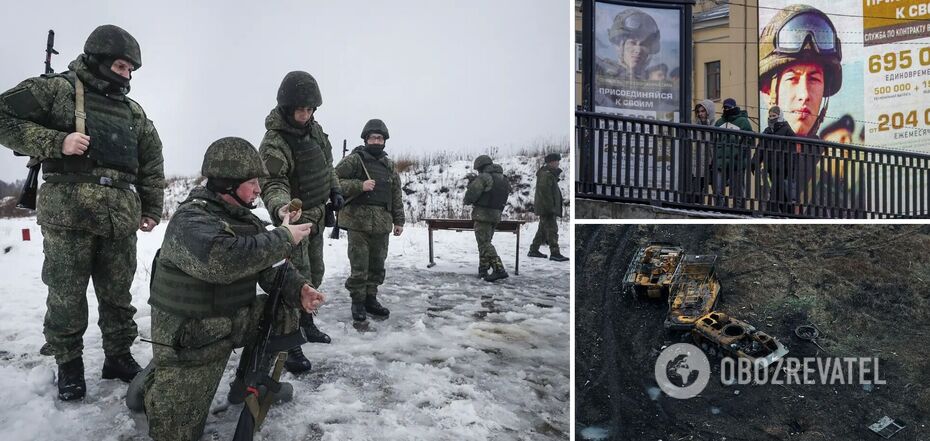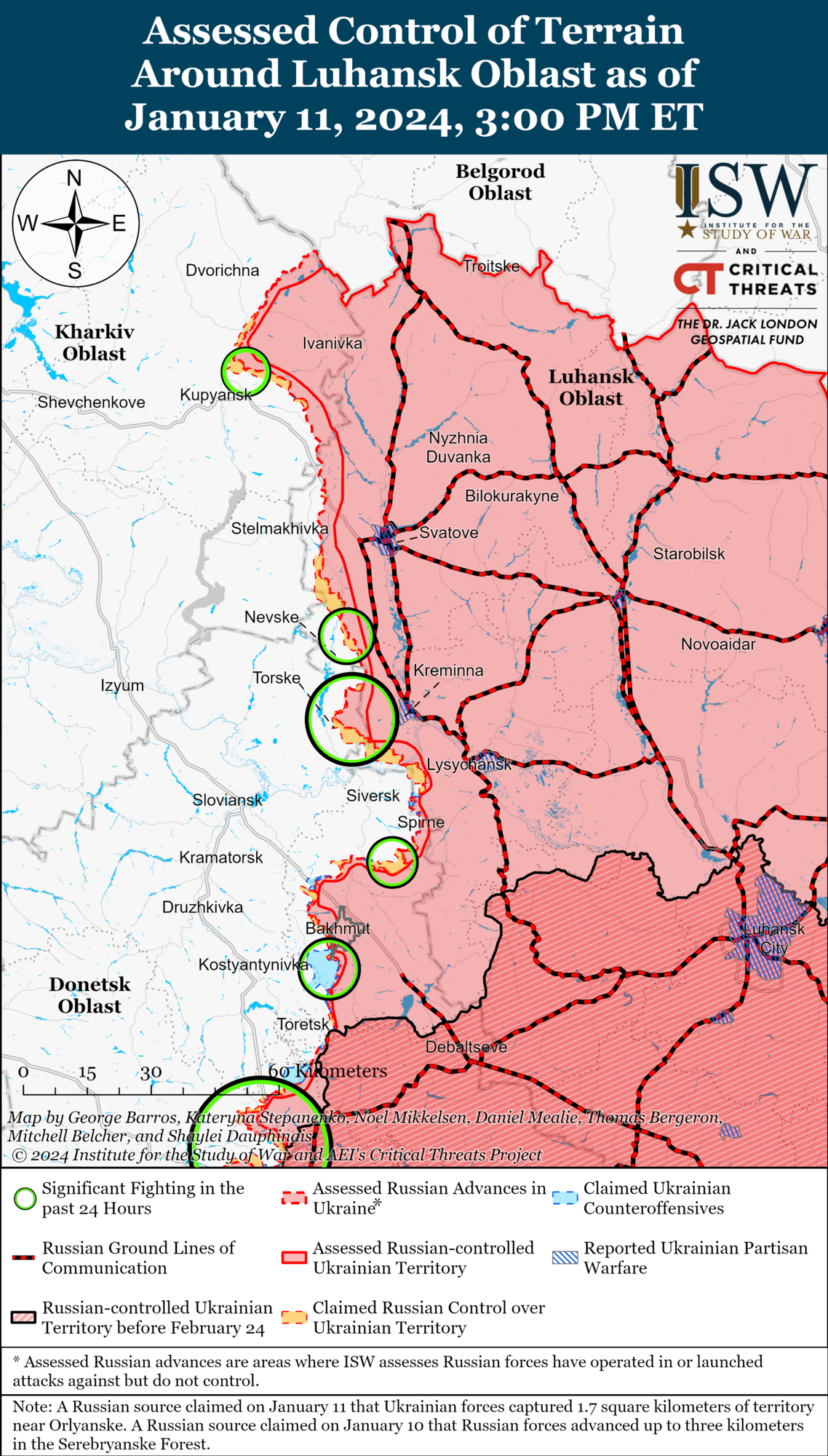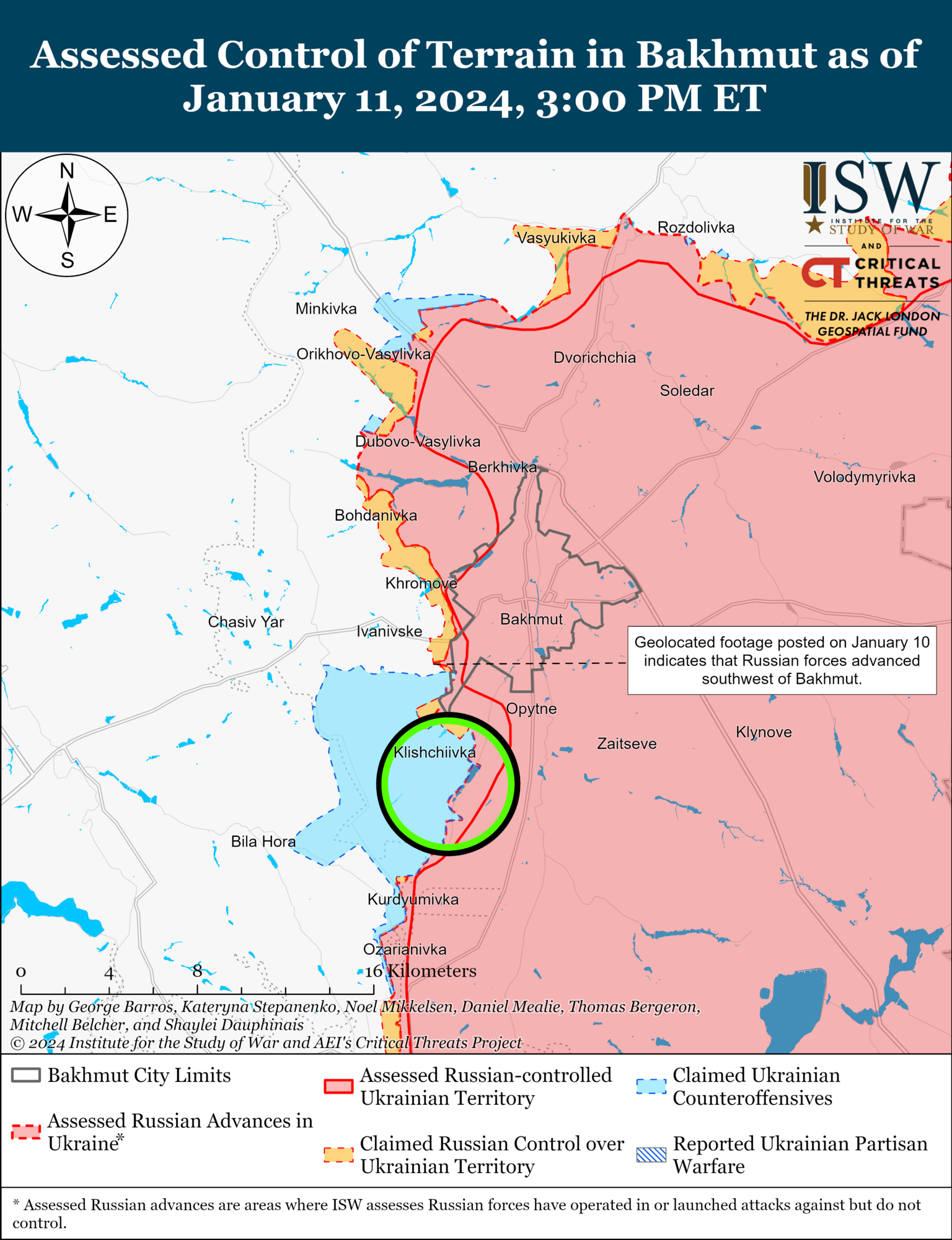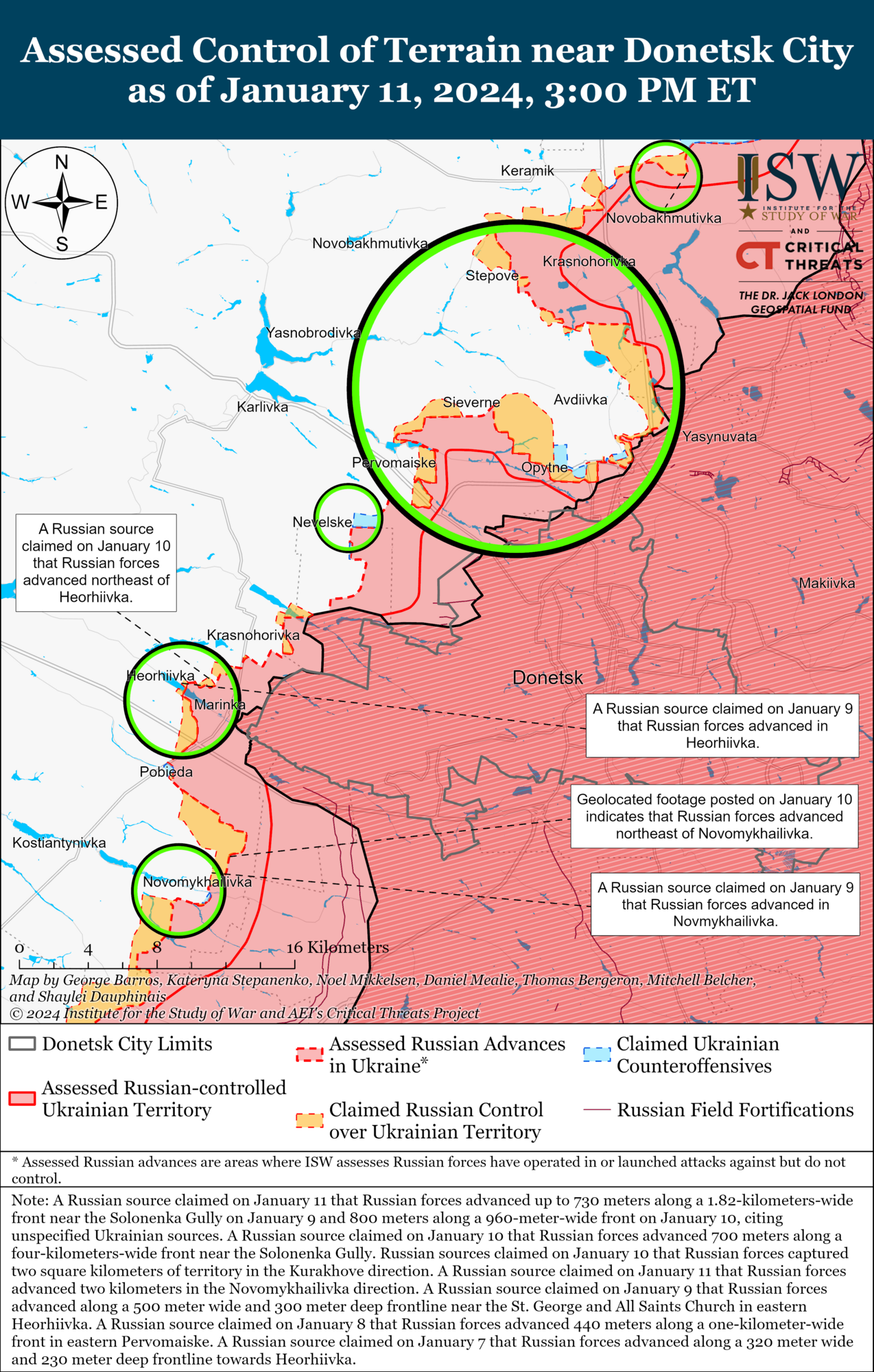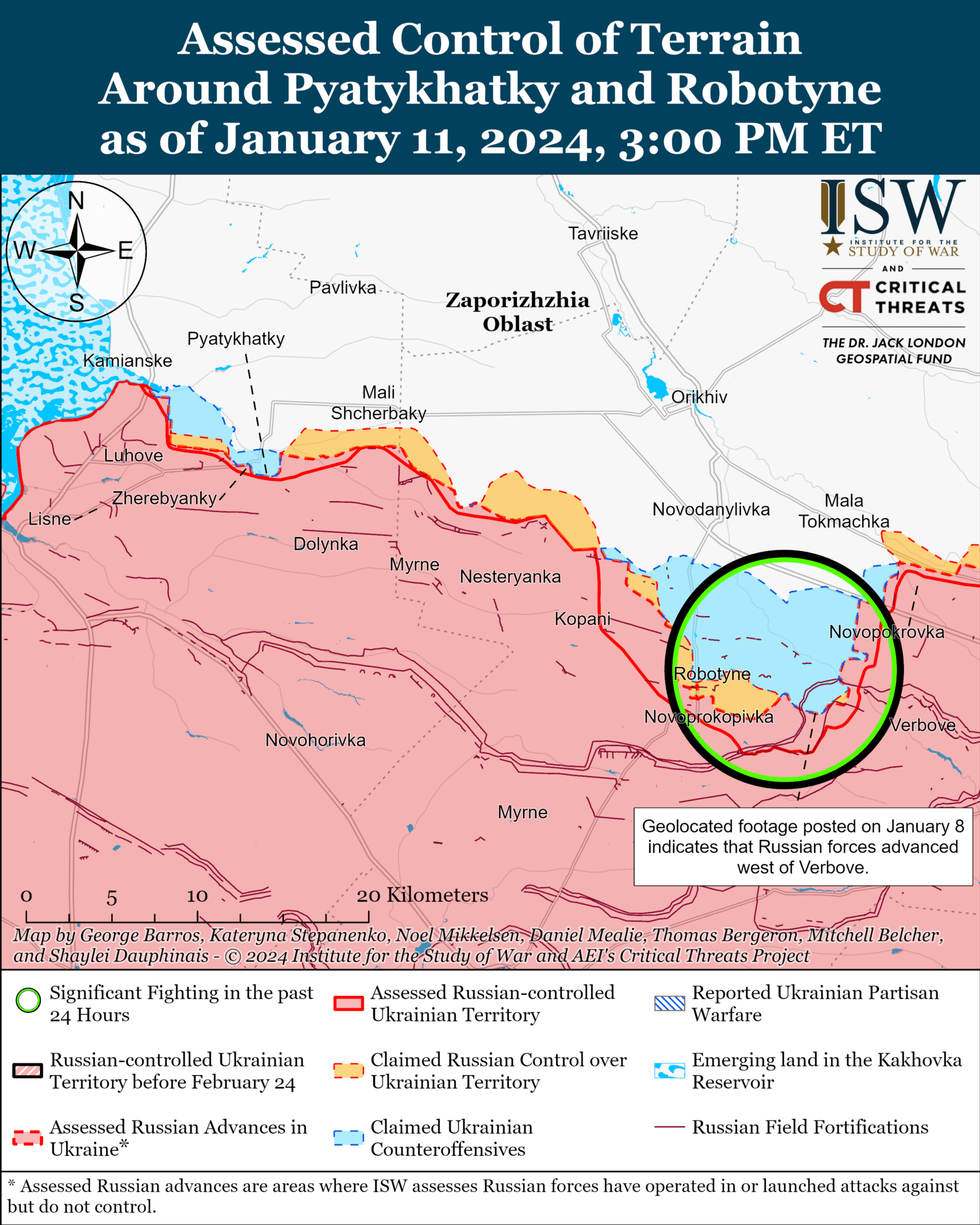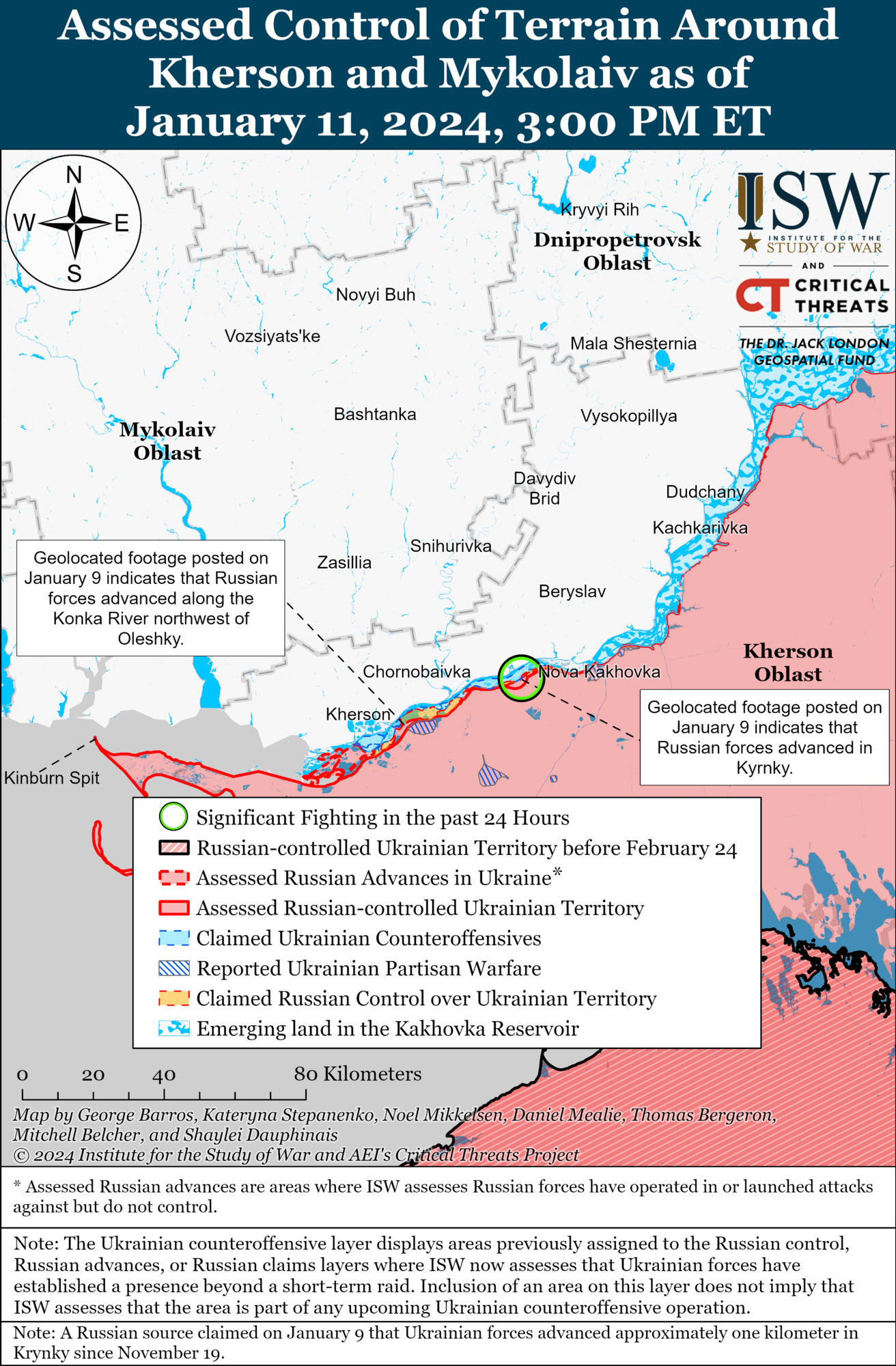News
Russia is able to generate forces for a war against Ukraine at a rate equal to the level of losses: ISW pointed out threats
Russia, despite its huge losses in the war against Ukraine, is able to conduct regular rotations at the operational level. This is evidenced by the current concentration of all its combat-ready ground units at the front and efforts to build new forces.
The enemy's ability to conduct rotations may allow it to maintain the overall pace of local offensives in the east, but it does not guarantee that this will always be the case along the entire front line. The Institute for the Study of War (ISW) analyzed the dangers of this.
Recently, the Deputy Chief of the Ukrainian Main Intelligence Directorate, Major General Vadym Skibitsky, said that Russian forces have 462,000 troops in Ukraine, and this is the entire ground component of the Russian Armed Forces. According to him, most of the Russian units in Ukraine are manned at the level of 92-95% of the planned final number, and the size of the grouping allows the enemy to rotate along the entire front.
Skibitsky noted that Russian troops withdraw to the rear areas units that are 50% or less of the planned final number and return them to the front after restoration and replenishment.
At the same time, Deputy Chairman of the Russian Security Council Dmitry Medvedev claimed that the Russian military had "successfully replenished" its forces in Ukraine through a long-running covert mobilization effort that resulted in more than 500,000 new troops in 2023.
The ISW noted that it observed Russia's usual attempts to rotate at the operational level from the beginning of the full-scale invasion in February 2022 to the Ukrainian counteroffensive in the summer of 2023.
"Russia's apparent ability to generate forces at a rate equal to its losses likely gives its troops the ability to replenish units that commanders have withdrawn from the front line due to degradation and then return them to the front. Russian forces retain the initiative throughout eastern Ukraine, and the absence of Ukrainian counteroffensives is likely to remove the pressure for rapid deployment that has previously partially limited the Russians' ability to rotate," the analysts said.
But at the same time, they emphasized that the Russian Armed Forces did not seize the initiative on the battlefield in Kherson region, their units and formations operating near the Ukrainian bridgehead on the left bank of the Dnipro River are degrading, making no visible efforts to rotate at the operational level (although they appear to be rotating at the tactical level). Since the beginning of October 2023, Russian troops have conducted several regroupings during local offensives on the Avdiivka, Bakhmut, Lyman, and Kupiansk directions, which likely gave Russia time to conduct the rotations mentioned by Skibitsky. However, ISW has not observed any large-scale complaints from Russia about the lack of rotation on the front since the summer of 2023, and the overall pace of Russian operations is consistent with the reports of the GUR representative.
"Russia's ability to rotate at the operational level will likely allow Russian forces to maintain the overall pace of their localized offensive operations in eastern Ukraine in the near future, but it is unclear whether Russian forces will be able to conduct effective rotations in the longer term or in the future in the event of an intensification of their offensive efforts or a significant Ukrainian counteroffensive," the analysts say.
In their opinion, the operational rotation of the Russian army in principle mitigates the degradation of the attacking occupation forces, which can subsequently lead to the culmination of the aggressor's offensive efforts. Several other operational factors have contributed to this in the past, but the limited availability of manpower and combat-ready units of the Russian Armed Forces has often been the main factor. Russian troops mainly conduct heavy infantry attacks in Ukraine using assault groups, which do not necessarily require a large amount of equipment or a high level of soldier training. Thus, Russia makes up for its losses in Ukraine with poorly trained and relatively ineffective personnel, whom the command considers sufficient for conventional, exhausting frontal attacks.
"These offensives have yet to result in more than minor Russian successes in Ukraine since early October 2023, and it is unlikely that Russian forces will be able to continue indefinitely to be able to convert tactical successes into operationally meaningful results. Successful Russian offensives will require the command to allocate relatively combat-ready and well-equipped units and formations for large-scale operations, and it is unclear whether these operational rotations will be sufficient to maintain unit combat capability," ISW noted.
They believe that overall, Russian combat capabilities in Ukraine may still degrade over time, so despite the rotation, this limits the ability of the Russian Armed Forces to conduct several important offensive operations simultaneously.
In addition, the Russian military could also suffer losses that exceed Russia's ability to generate new forces if the command decides to intensify its offensive efforts, thereby limiting human resources to replenish degraded units and formations. Intensification of Russian offensive efforts will bring more elements to the front line and put pressure on the number of existing forces that can take control of the degraded unit's area of responsibility while it rests and recovers.
"It is unclear whether Russia's current covert mobilization campaign, which relies heavily on volunteer recruitment and the forced mobilization of convicts and migrants, will be able to provide the increase in personnel needed to rotate during the intensification of Russian offensive efforts," the ISW concluded.
As reported by OBOZ.UA, Russia often recalls World War II to justify its war against Ukraine and the mobilization of Russians to the front. The Institute for the Study of War explained why such a comparison of the aggressor country has no basis.
Only verified information is available on our Telegram channel OBOZ.UA and Viber. Do not fall for fakes!


